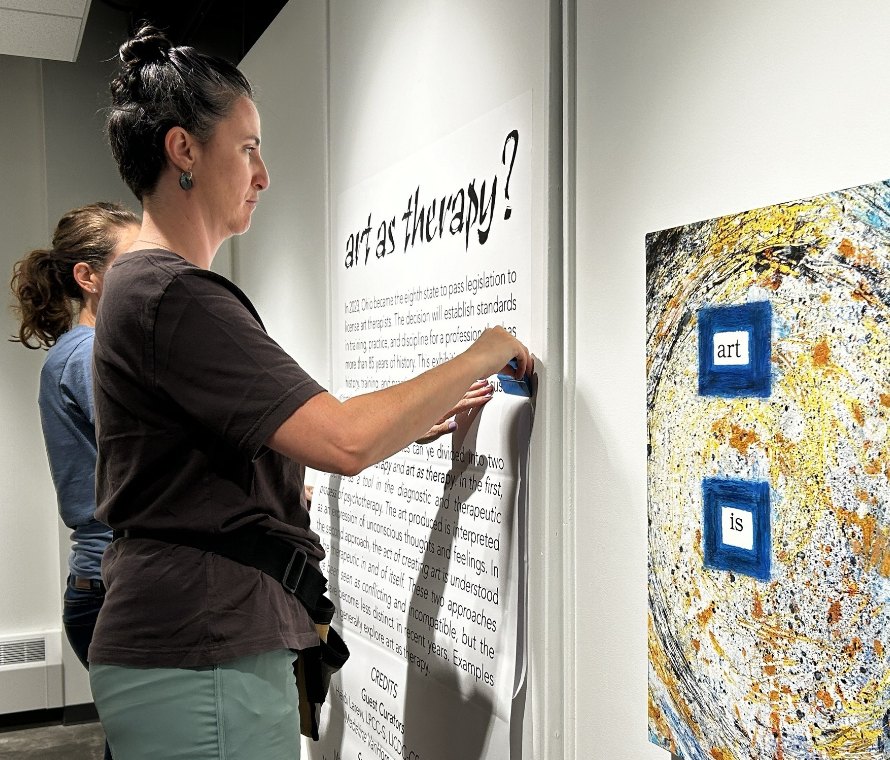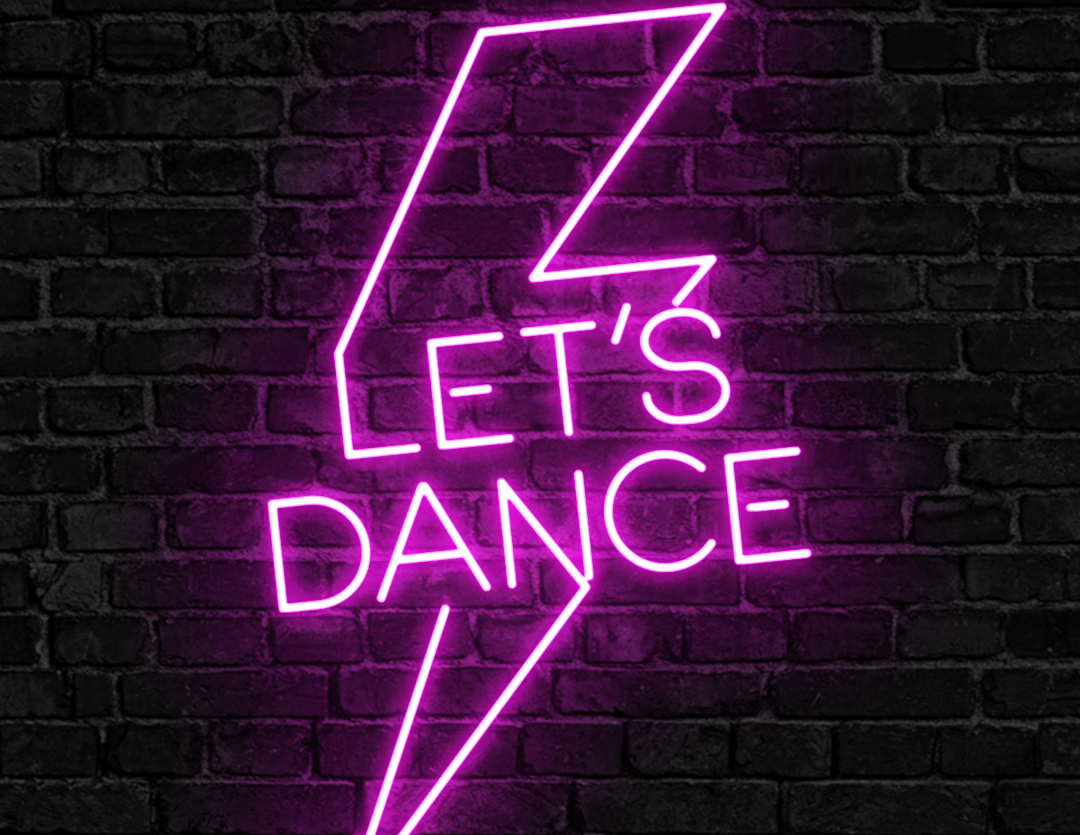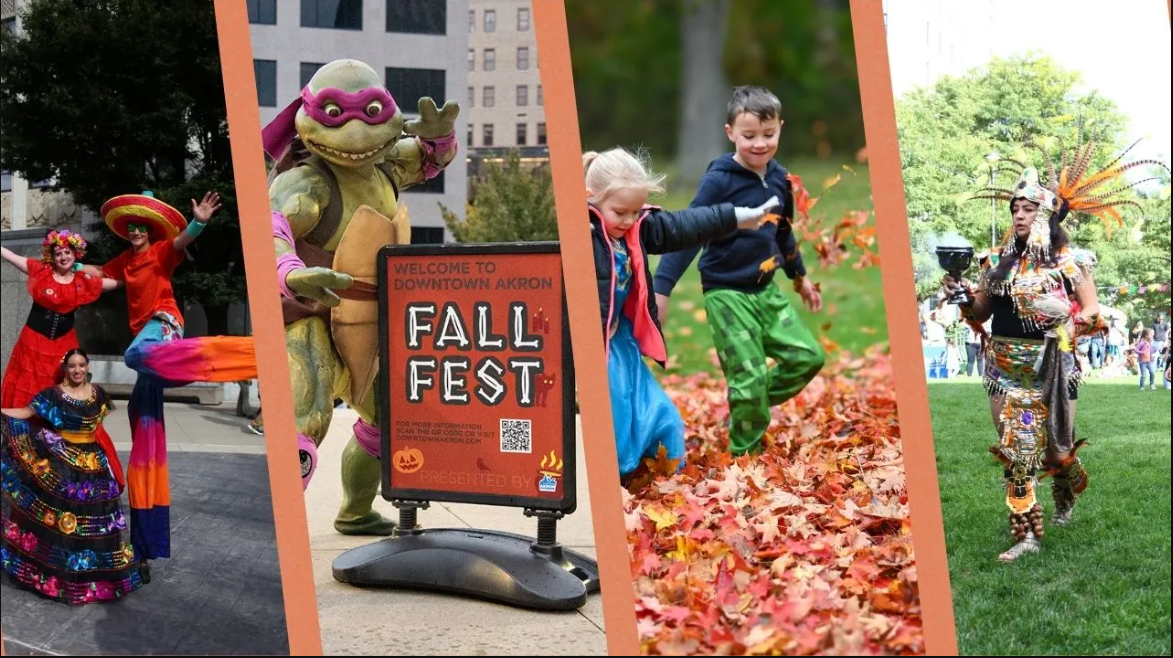Why Everyone Should Take a Poetry Class

“Daring to Take up Space, by Daniell Koepke” by Book Catalog.
April 22, 2019
As someone who is not an English major, I was extremely hesitant to take any type of poetry class. In my mind, poetry was dull, meaningless words written by old men.
However, when I took a class called “American women poets” for my women’s studies minor, I was quickly immersed in the world of poetry.
In middle and high school, my favorite poet was Edgar Allan Poe, however, I was taught that his poetry wasn’t the norm. Poetry that was accepted were by people like Walt Whitman and Robert Frost. While important, these were not very applicable to a young adult in an urban school district.
Nonetheless, the contemporary poetry that you might find in the college classroom defies all of the taught expectations of poetry. It is bizarre, diverse, political, and sometimes even vulgar.
One of my favorite poetry books is “Brazen Creature” by Anne Barngrover, which has angsty poems critiquing misogyny and abusive relationships, things you won’t find in a classical poetry collection.
A few of my other favorites are written by LGBTQ+ authors such as Jennifer Espinoza, Sam Sax and Chen Chen.
Their poetry is able to be subversive while speaking on the topics of compulsory heteronormativity, homophobia, and transphobia, however, it still remains relatable to a larger audience.
For instance, Sax, who usually writes about things like HIV and growing up queer, has a poem called “Essay on Crying in Public,” a title that all college students are able to relate to.
Taking a poetry class is not only enjoyable, but it can also significantly improve your writing.
In an article on bachelorstudies.com, Joanna Hughes, a higher education administrator said, “In learning how to navigate the compact language form of poetry to tell a story, you will learn how to make the most of your words — a multidisciplinary skill which will carry over to many other aspects of your life.”
Personally, many aspects of this are true in my experience. During my college years, my style of writing had gotten dry and lengthy due to academic writing. I was more focused on my word count and sounding smart than what I was actually saying. Getting into poetry reversed this, as I started to become more creative and I valued each individual word.
Because poetry is compact, each word has to hold meaning, which conditions people to write in a concise yet powerful manner. This skill will organically seep into your academic writing, making your professors make the “poetry sound” instead of yawning.
Learning poetry will not only improve your current writing style, but you may start to like it more. Poetry has been successfully and emotionally rewarding to me. Just after studying poetry for two semesters, I have won a student award and have had pieces that I have felt confident enough to submit to literary magazines.
If you don’t want your poetry published, or just want to read rather than write it, it is still extremely emotionally rewarding. You are able to learn new perspectives in an interesting way. Instead of learning about a community through reading a book or watching a documentary, you can just read a poem.
It can also provide people with comradery or evoke validation. After having an emotional day, there is nothing better than finding a poem that says exactly what you are feeling.
Drina Kearns, a University of Akron student, said, “Everyone has different interpretations and connections to words, and poetry can evoke a similar response in so many people. I admire it because even the simplest words can have a major impact on someone.”
Lastly, poetry is cathartic. Throughout my life, I have encountered some obstacles and traumatic experiences, as most people do. However, poetry has allowed me to work through them in a productive and fulfilling way.
It is relieving to have something you can always count on when you are experiencing extreme emotion. It may sound silly to write or read a poem when all you really feel like doing is screaming, but once you start to get into poetry, you will understand.











